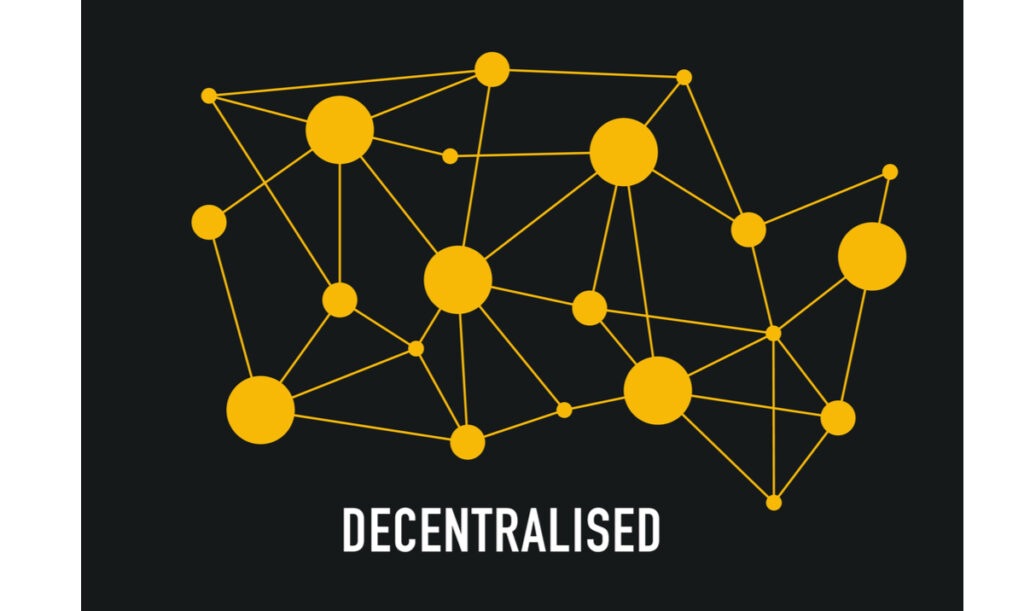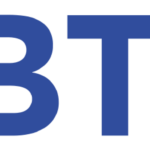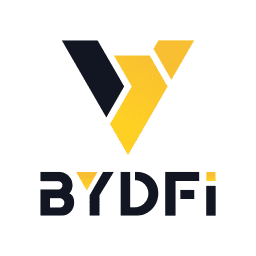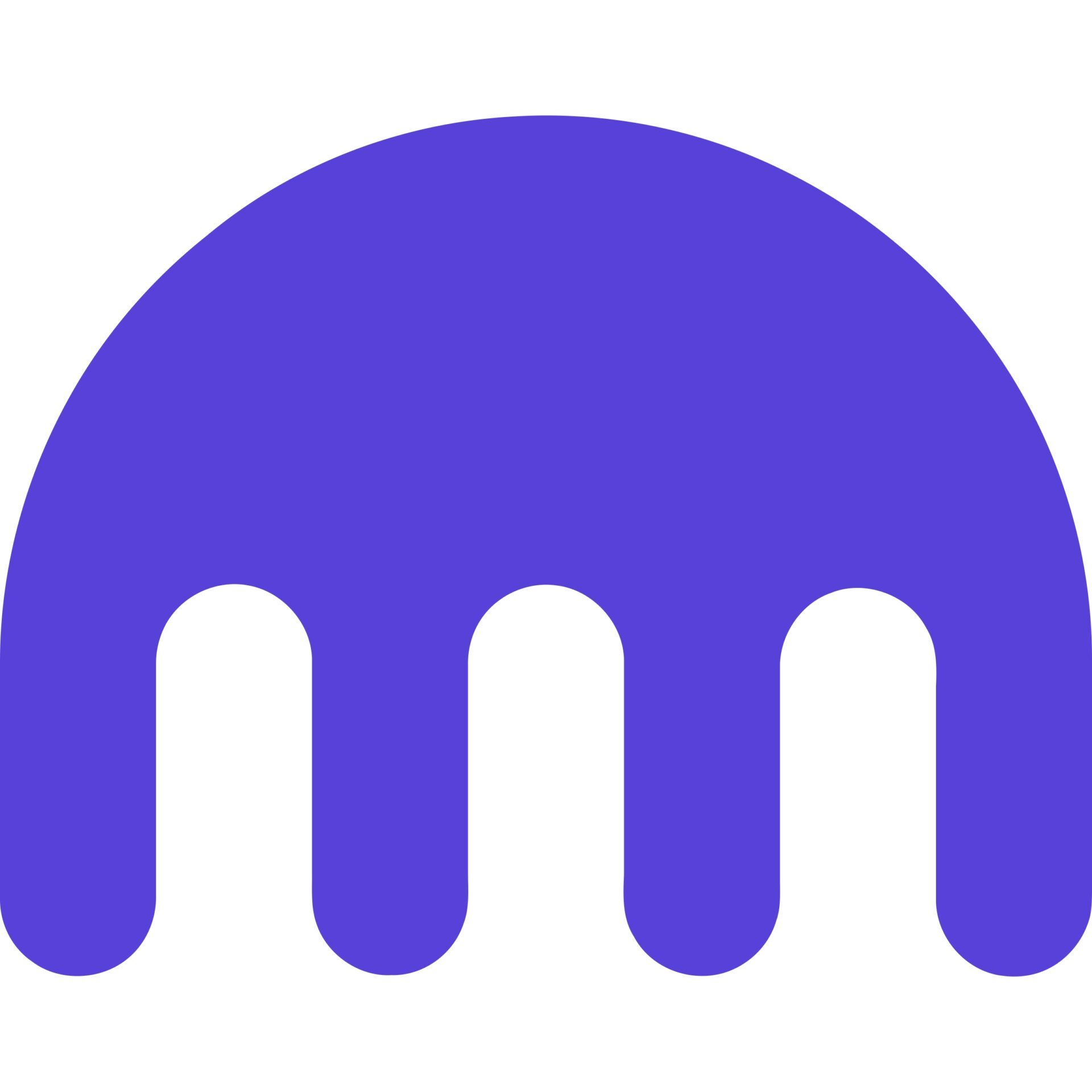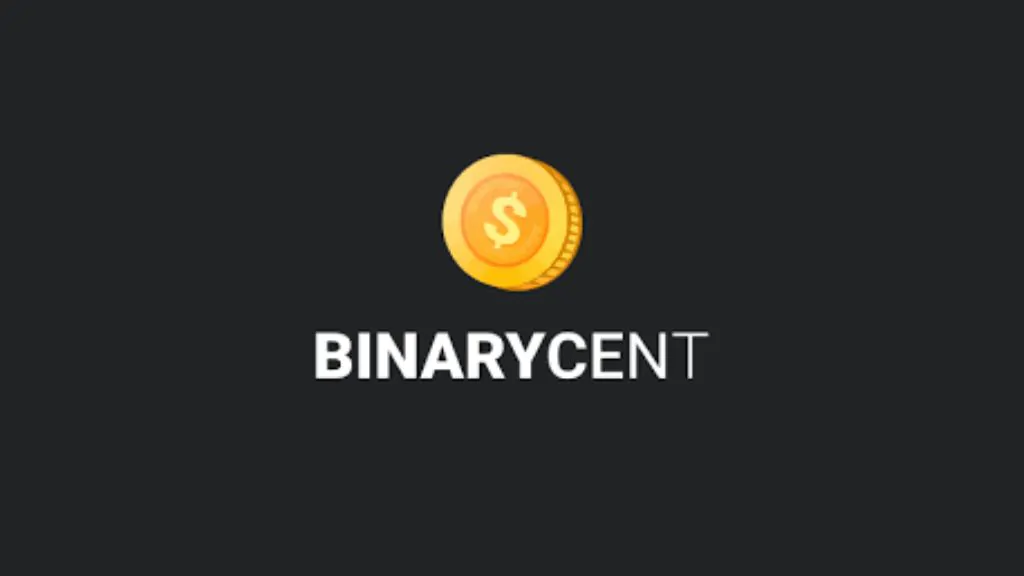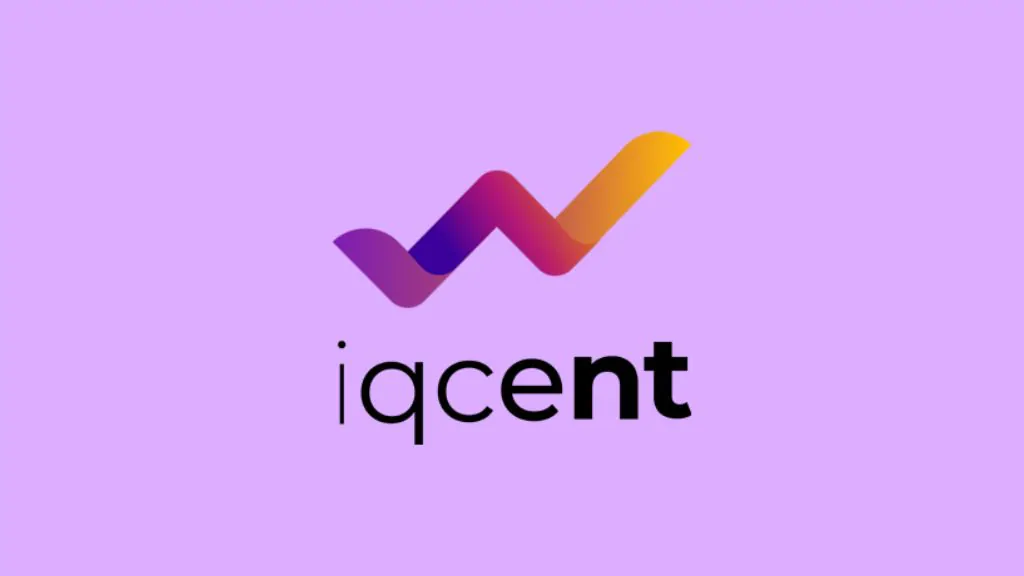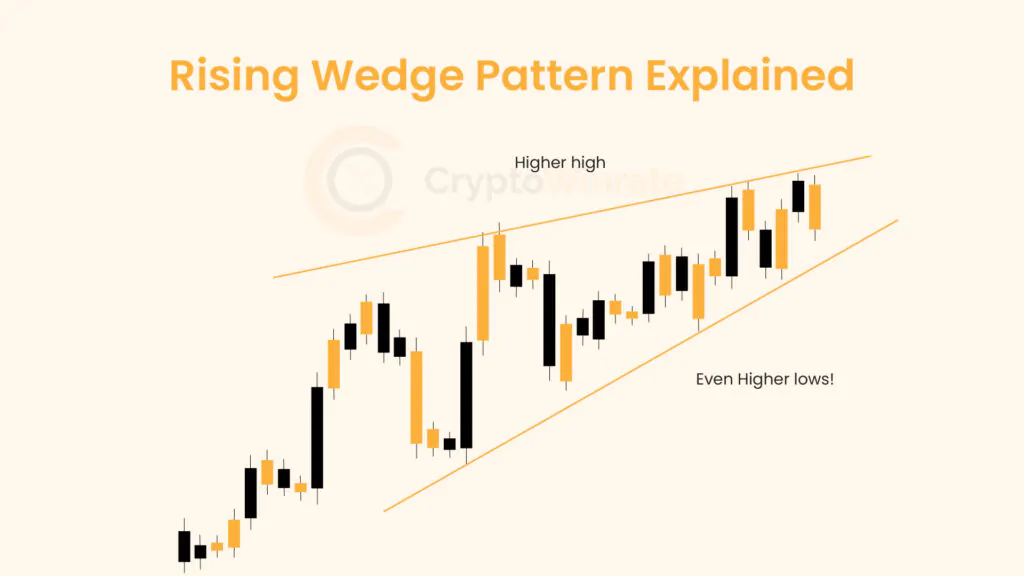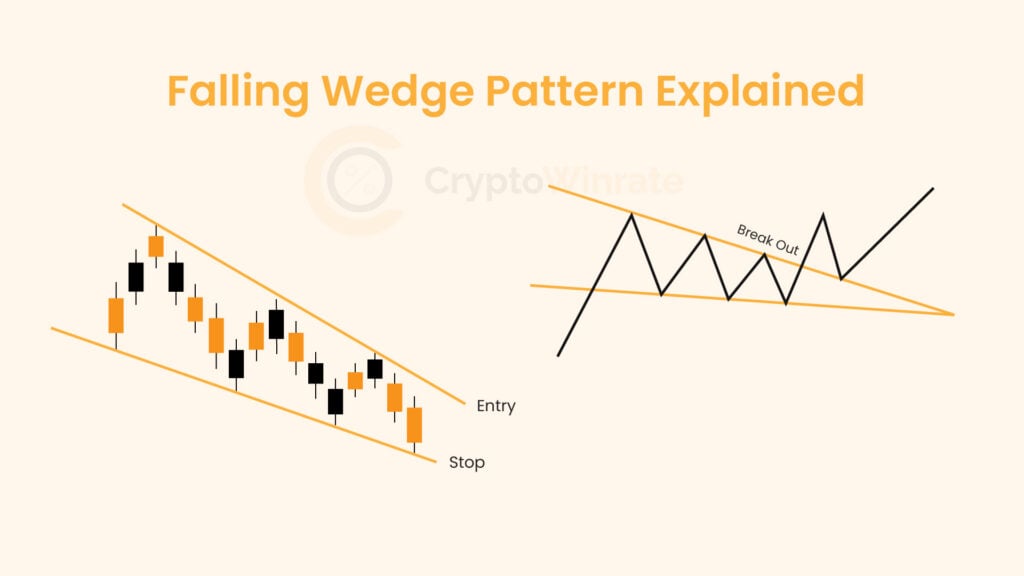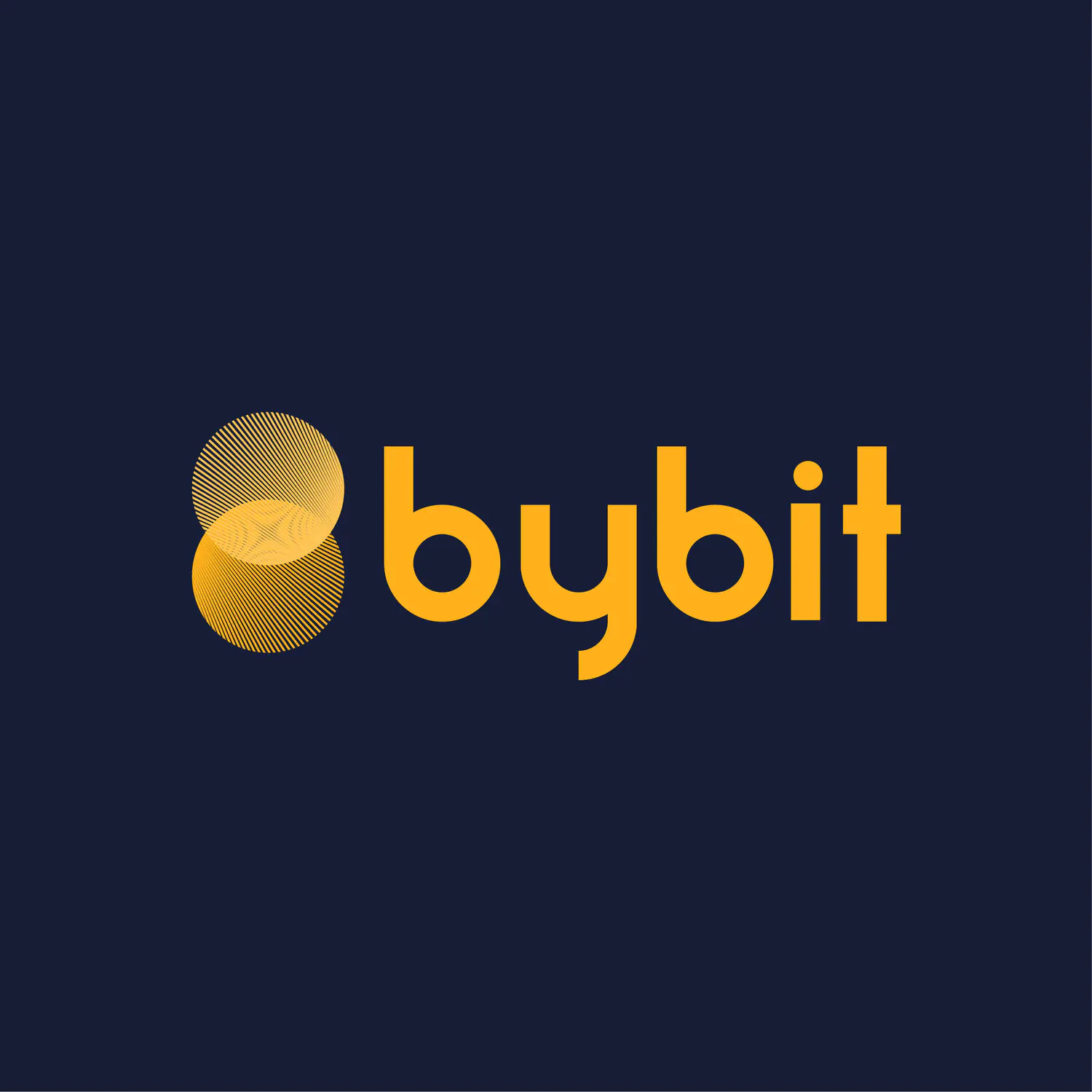The most popular choice is to use centralized crypto exchanges (CEXs) to begin trading in cryptocurrency and other digital assets. A centralized cryptocurrency exchange is a privately run platform that enables users to exchange their crypto for different digital or fiat currencies and some even NFTs (Non-Fungible Tokens). But there are also other types of crypto exchanges.
Decentralized Exchanges (DEXs), on the other side, are not controlled by a single party and allow you to use your own wallet for trading, which is the perfect way to create peer-to-peer transactions directly from your digital wallet without having to worry about a third party. This adds more security to your hard-earned crypto, as nobody can just run away with your crypto. A good example of why moving away from centralized exchanges is the case of the FTX bankruptcy. Many people lost their life savings and can not access their wallets anymore as they are kept by FTX. Decentralized exchanges, on the other hand, can never run away with your money. Uniswap, PancakeSwap, dYdX, and GMX.io are some of the most popular DEXs out there for you to securely make these types of transactions with ease.
Decentralized exchanges are powered by smart contracts, which are self-executing codes on a blockchain. Smart contracts make transactions more confidential and reduce slippage (transaction costs) compared to traditional centralized cryptocurrency exchange platforms.
Despite the nature of smart contracts and how they work, they still require knowledgeable investors to be successful due to their lack of intermediary third parties. Decentralized Exchanges (DEXs) are thus designed for those who understand financial markets and how these systems work.
If you wish to continue with your DEXs journey, keep reading this article to learn about the top 10 decentralized crypto exchanges.
1. GMX
GMX.io, a DEX powered by Arbitrum and Avalanche, allows users to quickly exchange BTC, ETH, AVAX, and other leading cryptocurrencies with up to 30x leverage directly from their wallet. Earning potential is maximized through the multi-asset pool which collects fees from market-making activities as well as swap fees and leveraged trading.
Dynamic pricing on GMX is provided by Chainlink Oracles in conjunction with aggregate prices sourced from top-volume exchanges across the globe. There are two tokens for use within the GMX ecosystem: GMX & GLP.
GMX.io features
GMX.io features different types of incentives to offer new users, as well as loyal customers. Some of these are:
Leverage: Leverage trading with up to 50x. Like centralized exchanges, GMX offers you a way to trade with leverage. This is great for serious traders, as leverage is a commonly used tool for traders to maximize their profits.
Staking: Approximately 30% of fees derived from swaps and leverage trading will be exchanged for ETH or AVAX. The amount depends on where the staked token is held; if Arbitrum, then you’ll get ETH; for Avalanche – AVAX. It’s important to note that these distributed rewards are based on the value after deducting referral bonuses as well as network costs taken by keepers (which usually comprise 1%).
Multiplier Rewards: The GMX.io platform has developed a reward system that incentivizes long-term holders without inflation: the Multiplier Points Scheme! When users stake 1,000 GMX for one year, they earn an impressive 100% APR in the form of 1000 Multiplier Points. These points can then be staked to gain free rewards, making it enticing to hold your corresponding GMX.io tokens.
Bridging: GMX tokens may be able to bridge between Ethereum and Arbitrum, but it is not recommended unless absolutely essential. All features are available on the Arbitrum platform so there should never be a requirement to bridge tokens. If you do need to transfer your GMX from Arbitrum’s network over to Ethereum, please keep in mind that this will come with an obligation of waiting 7 days before accessing those same tokens again.
No KYC: As GMX is a decentralized exchange, you do not have to do a Identity verification. Just plug your wallet and start trading.
Other features include rewards such as:
- GMX: earns ETH / AVAX, esGMX, and Multiplier Points when staked
- esGMX: earns ETH / AVAX, esGMX, and Multiplier Points when staked
- Multiplier Points: boost ETH / AVAX APRs when staked
- GLP: earns ETH / AVAX, esGMX, automatically staked on mint
Fees on GMX
When opening or closing a position, the cost is 0.1% of the position size – regardless of whether it’s ETH longs, BTC longs, etc. For positions with shorts, however, the collateral must be one of our supported stablecoins, such as USDC, USDT, DAI, and FRAX.
If there’s a swap involved upon either action, then you may need to pay an additional fee ranging from 0.2-0.8%, depending on if it improves your balance or reduces it respectively. There is also an execution fee which is used to pay for the blockchain network costs.
Interface
Opening and closing positions are fairly easy through GMX.io’s simple swap interface. Conveniently swap from any supported asset into the position of your choice, easily and hassle-free.
Security
GMX.io has undergone a comprehensive audit conducted by ABDK Consulting and also launched a bug bounty program through Immunefi in January 2021, which managed to reward white hat hackers based on the magnitude of their discovery. This rewards system focuses on ensuring that user funds are not inadvertently stolen or permanently frozen, insolvency is prevented, the capability to call smart contracts is sustained, and much more.
2. Dydx.exchange
For derivatives traders who wish to harness the trustless and non-custodial aspects of DeFi while maintaining the feature set and efficiency of a centralized platform, dYdX DeFi exchange offers an ideal solution. Our key focus at present is on perpetual and margin trading; however, we are working towards including other markets and assets to become fully decentralized.
Features
As a decentralized exchange, dYdX stands out for its margin and perpetual trading options. With up to 100x leverage available on margin trades and dozens of crypto assets offered for perpetuals, it’s the perfect platform for users looking to begin trading in this space. Moreover, you don’t have to verify your identity as you must on most centralized exchanges; all you need is to connect your wallet, simple and fast.
Fees
The fees for using dYdX fluctuate depending on the type of trading you are doing, and it’s important to note that swaps between DAI, ETH, and USDC do not cost anything. If margin trading is utilized, makers (those who add liquidity to the order book) don’t pay any fee whatsoever; however takers (orders that fill existing maker orders) will be subject to a 0.3% charge or variable gas costs- whichever is greater.
Users are charged a small fee for each trade they make on the platform. The fee is calculated as a percentage of the total value of the trade. Accounts with over $100,000 are charged a maker fee of 0.02% and a taker fee of 0.05%. If your account balance is below $100,000 you don’t have to pay any trading fees.
Interface
DydX offers an efficient trading interface suitable for either newbies or seasoned traders in the market.
Security
dYdX offers unparalleled security due to its decentralized nature, which keeps your funds safe in smart contracts instead of under the control of a third-party exchange. To top it off, the Ethereum blockchain serves as an additional layer of protection. The only risk you take when trading with dYdX is executing bad trades or major liquidations, just like any other trading exchange.
3. ApolloX DEX
ApolloX is a revolutionary DEX-CEX platform, boasting the world’s first opportunity to trade on both centralized and decentralized exchanges simultaneously. Here you can make Ethereum and Bitcoin Futures trading with any type of exchange format. Whether it’s one exchange format or two that you’re after, ApolloX provides an unparalleled trading experience with options galore.
Apollo DEX is entirely decentralized, powered by blockchain technology and atomic swaps. Enjoy the freedom of trading without having to pay costly gas fees or submit to a KYC process or regulation. With Apollo, you can carry out your transactions securely and safely with no middleman involved.
ApolloX features
- Advanced Perpetual Futures Trading. ApolloX exchange offers its users the opportunity to speculate on a variety of Perpetual Futures Contracts, both through their CEX and DEX. With this unique form of trading, there is no expiry date; you can retain your position for as long as desired! Furthermore, these contracts are consistently priced at or near market price. Essentially, you have the option to bet on future prices with no restrictions.
- Hedge Mode. Hedge mode offers a distinct advantage compared to one-way mode – it allows users to take multiple open positions, both long and short, in the same or different contracts. Unlike using the one-way mode, where two orders cannot be opened simultaneously unless one is closed first, Hedge Mode makes complex operations much easier by letting you hold both long and short orders within a single contract at once without having to close either order.
- Lowest DEX fees with only 0.02/0.07 on the futures market which is the lowest of all decentralized exchanges.
Fees on ApolloX
ApolloX seems to be one of the most advanced decentralized exchanges in terms of trading features. The futures market has the lowest fees of all reliable DEXs we could find. With only 0.02% maker and 0.07% taker fees, ApolloX easily beats the competition by a mile.
Depositing funds on the platform is completely free of cost, however, a withdrawal fee may apply when transferring money to an external wallet. This charge can be subject to alteration without prior notice due to varying network conditions.
Miners are rewarded transaction fees to ensure the constant and accurate production of transactions on the blockchain.
Exercise caution and avoid being lured in by the seemingly attractive gas fees offered by other, unsupported networks. If your network of choice is not compatible with your desired wallet, you could risk losing all of your funds.
4. Kine Protocol
Kine offers a decentralized protocol that creates liquidity pools utilizing digital assets as collateral. This allows traders to open and close derivatives positions without having to depend on third-party counterparties, thanks to the trusty price feeds from its liquid pool.
Kine Protocol offers a decentralized exchange that provides on-chain staking and zero gas fees for derivatives trading, allowing individuals to trade Ethereum-based assets without slippage. Not only does Kine solve the problems faced by traditional peer-to-pool or peer-to-contract trading protocols, but it also permits third parties to take part in liquidation as well.
Kine Protocol features
Kine offers the following key features to its users:
- To initiate the staking process on Kine Finance’s decentralized application, users must first elevate their ‘staking value’ and obtain a ‘debt limit.’ They may then mint kUSD based on how much debt is owed to the system in real terms. For each dollar of debt limit acquired, 0.8 kUSD can be successfully created.
- Asset Diversification. The Kine staking pool accepts ETH, WBTC, USDC, KINE, and other major ERC-20 tokens, commonly used in trading.
- Flexible Staking Portfolio. Kine’s cutting-edge protocol design allows traders to effortlessly manage their portfolios. You can add or remove staking assets without the need for closing or altering any existing positions. This creative approach provides unparalleled flexibility and convenience, similar to a centralized exchange’s features.
- Multiplied Staking Rewards. Earn rewards through Kine Exchange trading fees and token distributions from the Kine Ecosystem Grant.
- Reduced Risk. KINE’s real-time pool exposure API allows you to hedge dynamically against impermanent risk. Kine is collaborating with some of the best traders to develop a secure and perfectly hedged staking plan for everyday users.
- Similar interface to centralized exchanges
- Great tools, like up to 200x leverage for experienced traders
Fees on Kine
Kine charges a 0.1% trading fee on each transaction which is fairly average in the DEX market.
Interface
Considering Kine is a DEX, their interface is very similar to many centralized major exchanges such as Binance or MEXC. That makes their interface easy to use for people that already have experience with trading on other exchanges. Kine has built a solid user interface, which is easy to navigate through and also easy to understand for beginners.
Security
Kine.io is designed to create a secure and private environment for trading digital assets. It utilizes the revolutionary Ethereum blockchain technology combined with reliable peer-to-peer (P2P) networks, ensuring that buyers and sellers can directly interact with each other without any third-party interference.
5. Uniswap (v3)
Initially, Uniswap was merely a proof of concept rather than an exchange system. One could only trade directly from ETH to ERC-20 tokens. However, the Version 2 protocol released in May 2020 provided users with a much more dynamic environment enabling them to exchange any token with another one! This achieved its goal and put Uniswap at the top of DEX’s list, as it has been living up to expectations since then, especially after unveiling its third protocol in 2021, which exceeded all predictions.
Uniswap features
- You can exchange ERC-20 tokens with Ethereum in a breeze. You also get access to UNI – the platform’s governing token, which is available for purchase on the same interface.
- Uniswap’s governance collective allows for collective control and decision-making, which can be a big draw for certain types of users.
- Uniswap also offers a liquidity pool that users can utilize to earn rewards by providing liquidity to the platform.
- Rather than surrendering control of their tokens to an exchange, users maintain possession and self-custody over their tokens, significantly reducing the risk of maliciously motivated actions such as hacking or platform bankruptcy.
- With Uniswap, users can swap to the latest tokens without having to go through a drawn-out vetting process. This access allows them to transact with these fresh tokens before centralized exchanges list them officially.
Fees on Uniswap
Uniswap operates on the Ethereum blockchain, and thus, it is not unusual for gas fees to climb from month to month. As a case in point, May 2022 saw average gas prices skyrocket to 65.65 gwei compared with 54.67 gwei in April — making transactions increasingly expensive and difficult as network congestion increases.
Interface
It offers a very simple interface to swap over 600 coins. As an Ethereum-based DEX, Uniswap is one of the easiest platforms to navigate if you wish to trade your assets.
Security
Uniswap offers a Bug bounty where hackers or bug spotters will get the chance to get incentivized. Rewards will be distributed on the severity of the bug revealed and can reach up to 2,250,000 USDC.
6. Curve Finance
Curve Finance is renowned as the foundational building block of DeFi, offering a decentralized trading exchange to swap comparable assets such as stablecoin pairs and crypto resources with its own staked derivative like ETH and stETH. It’s effortless for any user to set up their own market on Curve & generate income from token swaps in form of trading fees.
Curve Finance has earned its reputation as a go-to service for DeFi protocols due to the frequency with which it is utilized. In many cases, Curve is integrated directly into these new protocols or taken into account during their conceptualization process – Yearn and Convex being two of the most prominent examples.
Curve Finance features
When Curve Finance first arrived, decentralized exchanges (DEXs) were the talk of the town. With peer-to-peer trading available to everyone, individuals could now trade crypto assets directly without involving centralized exchange platforms. Impermanent Loss (IL) was a major risk factor when engaging in DeFi protocols. In simpler terms, it is the potential amount of money you could lose by locking up assets in liquidity pools rather than holding them at that exact moment. To tackle this problem, Curve Finance chose to prioritize stablecoin mainly due to its lesser volatility compared to traditional crypto-assets, thus drastically reducing IL risks for users. Unquestionably, the use of stablecoins in Curve’s protocol is a defining factor. In addition, it boasts an impressive Factory that allows users to create pools and incentivize others to offer liquidity, as well as its DAO and 10 supported networks.
Fees on Curve Finance
Curve ensures that its fees are consistent and fair for all users. Swap fees charged per token swap always remain at 0.04%, while deposit and withdrawal costs range between zero to a maximum of 0.02%.
Security
The safety of Curve Finance is mainly due to the smart contracts that control its pools. Trail of Bits, an esteemed security research firm responsible for auditing Gemini exchange, Github, and non-cryptocurrency firms such as Meta and Airbnb, reviews these smart contracts when changes are made. These cannot be upgraded by design, so they remain secure at all times.
7. Pancake Swap (v2)
Introduced in 2020, PancakeSwap has become one of the most sought-after decentralized exchanges (DEXs) on the Binance Smart Chain. It utilizes an automated market maker mechanism that allows users to swap their secure BEP-20 tokens with ease and affordability that surpasses Uniswap’s standard speed and cost. As a derivative of Uniswap exclusively for Binance Smart Chain, it’s definitely the staple of DEXs In Binance Smart Chain to date.
PancakeSwap has officially become one of the most successful DApps, with its transaction volume surpassing $100 million daily. In only less than a year, it is already outshining Binance’s very own DEX and successfully becoming the top choice for many users on Binance Smart Chain (BSC).
Pancake Swap features
PancakeSwap offers the following key features to its users:
- Swift transactions with optimized gas fees compared to other ETH-based DeFi platforms.
- It’s an Automated Market Maker, similar to SushiSwap and Uniswap, which are both ERC-20-based platforms.
- By providing access to a variety of liquidity pools, users can now trade digital assets and reap the rewards of attractive yields.
- Users can borrow their digital assets from liquidity pools in exchange for token rewards. By staking these tokens, they are able to gain even more resources and further expand the value of their holdings.
- Users can not only exchange assets but also use cryptocurrencies to add liquidity to pools and earn extra tokens.
- $CAKE enables users to reap the rewards of greater token earnings, such as BSC tokens like DODO, UST, and LUNA, simply by staking their own native SYRUP liquidity pools.
- No KYC is required
Fees on Pancake Swap
PancakeSwap is an attractive option for users due to its low trading fees: just 0.25% per token swap! Even more impressively, a substantial portion of these fees is returned to the platform’s liquidity providers as an incentive, allowing them to benefit from their commitment and deepening the reward pool available for PancakeSwap’s community.
When you transact with PancakeSwap, 0.25% of the transaction fee goes to various places. Of this amount, 0.03% is sent to the PancakeSwap Treasury; 0.05% funds a CAKE buyback and burn process, while an additional 0.17% incentivizes Liquidity Pools by returning it back as rewards for liquidity providers.
Interface
PancakeSwap is an exceptionally comprehensive decentralized exchange that offers numerous benefits to its users. Not only can they access token swaps, liquidity provision & farming, perpetual trading, staking, and a lottery system, but they also purchase Non-Fungible Tokens (NFTs) through the marketplace or launch their own project via the integrated Launchpad platform. PancakeSwap provides all these features in one easy-to-use interface – something even big centralized exchanges with large operational teams usually don’t manage.
Security
PancakeSwap has been meticulously examined by top-tier security firms, Certik, Peckshield, and SlowMist. In total, nine comprehensive safety audits have already been recorded in its official documentation!
PancakeSwap ensures the ultimate security by utilizing multi-signature for all contracts and enabling a time-lock option. For maximum transparency, most of PancakeSwap’s code is publicly accessible; in addition, all contracts have been audited on BscScan.
8. DODO
DODO is a relatively new decentralized trading platform that takes advantage of the Proactive Market Maker (PMM) algorithm to supply smooth on-chain liquidity for Web3 assets. As an outcome, anyone can now not only trade but also issue the said assets with remarkable convenience.
DODO features
- Proactive Market Maker Algorithm. It runs on a different algorithm compared to Uniswap and its other competitors using the same Algorithm as Uniswap (AMM). DODO eliminates the need for arbitrageurs in order to make the PMM model functional and drastically reduces both impermanent loss and slippage.
- SmartTrade. This feature makes it easy for traders to access the best prices and execution routes, similar to what other exchanges like 1inch do. It does this by finding the most optimal order routing from a variety of liquidity sources that are pooled together.
Fees on DODO exchange
DODO is suitable for traders due to its gas-free platform. Gasless Swap allows you to access a professional market maker with zero slippage and no gas fees, creating deeper liquidity for your orders. However, this support is only applicable to the BNB Chain and Ethereum Network.
Interface
The user-interface of DODO is elegantly created with a minimalist aesthetic, providing an effortless user experience that enables you to quickly understand and navigate its interface. If you are a seasoned crypto trader, you may be quick in grasping the interface of DODO.
Security
DODO is audited by Certik and 4 other Auditors. To protect the integrity of its smart contracts and platform, DODO has undertaken rigorous security audits by some of the leading blockchain auditing firms in the sector. As a result, users can rest assured that their data remains safe and secure with this cutting-edge technology.
9. Perpetual Protocol
Launched in 2019, Perpetual Protocol is an open-source software project that began its journey in Taiwan and has since then expanded to a global team. In August 2020, the decentralized exchange was able to acquire USD 1.8 million from 12 investors spearheaded by Multicoin Capital.
Perpetual Protocol features
- xDai Chain. Perpetual Protocol runs on the xDai chain, a feature that allows users to avoid gas fees if they are using MetaMask wallet. However, those who use hardware wallets must still pay for these expenses.
- USDC as Collateral and Settlement. The Perpetual protocol offers users the ability to use USDC as collateral when trading perpetual contracts, and all transactions on this platform are settled in USDC, with leverage of as much as 10x.
Fees on Perpetual Protocol
Perpetual Protocol takes 0.10% per transaction no matter if they are a maker or taker, and these fees compare favorably to the industry averages often seen in both DEXs and centralized exchanges.
Interface
Perpetual Protocol’s interface is similar to those of CEXs that offer to trade; however, it is more for advanced traders, so it isn’t beginner friendly if you are starting out your journey and decide to use Perpetual Protocol.
Security
Unlike centralized exchanges, Perpetual Protocol has its servers spread across the world. This distributed approach leads to fewer chances of server downtime and makes them highly resistant to malicious attacks. When an individual server is targeted, it has a negligible effect on the whole network due to its broad distribution from across the globe.
10. Sun.io
SUN.io was formulated to stimulate TRON’s DeFi environment growth. Thanks to its engaged community and accessible open-source smart contracts, SUN.io has connected various other DeFi ventures on the TRON public chain through decentralized liquidity mining programs.
Perpetual Protocol features
- Burning. SunSwap’s newest protocol facilitates the buyback and burning of a portion of transaction fees from DEX. The system is designed to reserve 0.05% of each trade as LP Tokens, which are swapped for SUN at an agreed rate and saved in an assigned address for future burning. Furthermore, all collected SUN tokens will be transferred to TRON’s blackhole address monthly so they can be burned completely.
- Staking Rewards. By staking SUN tokens on the SUN platform, users can access veSUN.
- A reward system measures the amount of veSUN held by each user. As an added bonus, 50% of all transaction fees collected from stablecoin pools are distributed to holders of veSUN. AMM Model, similar to Uniswap.
Fees on Sun.io
veSUN holders are rewarded with 50% of transaction fees from all stablecoin pools in the form of TUSD. This incentivizes users to continue using veSUN’s platform. The Fees are explained in the Burning section of the Cover features for Sun.io.
Interface
SunSwap’s interface allows traders to switch between different pools and view their portfolios in detail. The platform also offers comprehensive analytics tools that help users track their performance metrics and spot trading opportunities.
Security
There is currently no information available regarding the security measures and audit history of sun.io.
Conclusion
There are a variety of decentralized cryptocurrency exchanges available with unique features that give users different experiences. Best practices include doing your own research on an exchange prior to trading, understanding the platform’s fees, and making sure the security standards meet your needs. With such a vast array of options from GMX, DydX, and many others, make sure never to put all your eggs in one basket because you never know what happens in the DeFi space.

